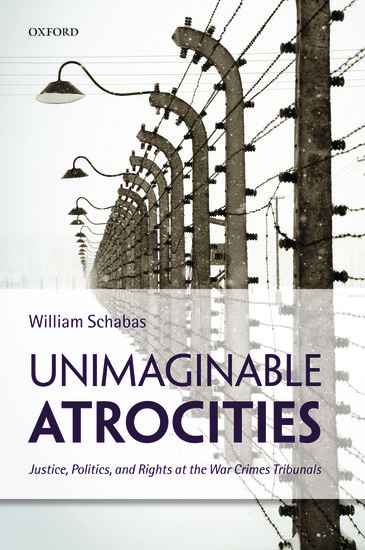Eleanor Roosevelt’s last days
When Eleanor Roosevelt died on this day (7 November) in 1962, she was widely regarded as “the greatest woman in the world.” Not only was she the longest-tenured First Lady of the United States, but also a teacher, author, journalist, diplomat, and talk-show host.













